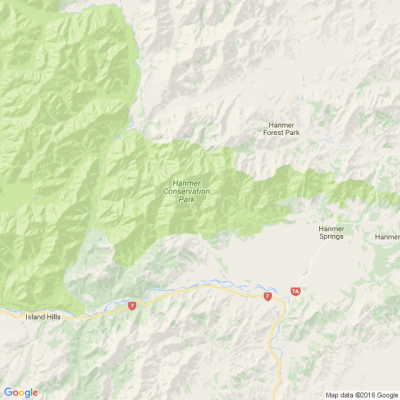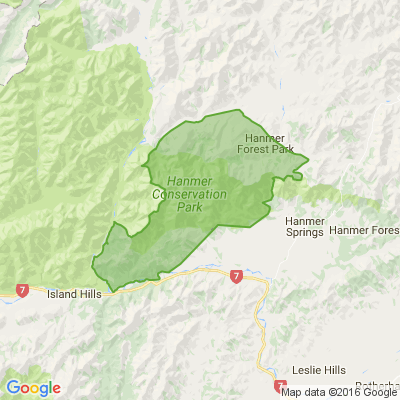Health workers needed in rural areas
By David Hill, Local Democracy Reporter
Recruiting medical professions into rural areas remains a challenge, says a North Canterbury mayor.
Health Minister Dr Shane Reti says Health New Zealand has made good progress in recruiting staff, but Hurunui mayor Marie Black says rural areas are missing out.
Training more health professionals is a priority in Budget 2024, with $22 million set aside for doctor training.
‘‘That will take us from an intake of 589 this year to an intake of 614 from next year,’’ Reti said.
‘‘We are also progressing a cost benefit analysis for a proposed third medical school through Waikato University, which will focus on primary and rural care.’’
While overseas-trained medical professionals make a valuable contribution, Reti said training young New Zealanders was more sustainable in the long term.
‘‘Health workforce shortages are a problem in every country around the world.
‘‘That is why it is so important we invest in training doctors and other health professionals here in New Zealand.’’
In the year to December 2023, Health NZ recruited more than 200 full-time equivalent senior doctors, 2500 nurses, nearly 100 midwives, and more than 230 scientific and technical staff.
There were still shortages in mental health, critical care and midwifery, Reti said.
While it was reassuring to know progress has been made in recruitment, Black said there was little evidence of it in ‘‘primary health provision in country areas’’.
The Hurunui district has been doing its bit to encourage health students to consider working in rural areas, she said.
Third year Otago Medical School students have been visiting the district each August for several years.
The initiative has been running for 10 years, with the students visiting medical centres, St John, District Nurses, police, the North Canterbury Rural Support Trust and a local preschool.
‘‘If we can grow our own people that is the best solution,’’ Black said.
Waimakariri Mayor Dan Gordon said he was pleased the Government was addressing workforce shortages.
A new medical centre was being planned in Rangiora to offer urgent and after hours medical care, but it would need more medical professionals, he said.
‘‘I am pleased with the Government’s announcement that funding will be allocated to ensure we are training more doctors and health care professionals here in New Zealand.
‘‘This will help to alleviate doctor shortages particularly in the regions and rural communities.’’
The Kaikōura district faced similar challenges, and its over 65 population was expected to increase to one-third over the next 30 years.
Takahanga Marae has hosted tertiary health students from around Aotearoa in recent years for a three-day Noho Marae visit.
The initiative was a partnership between Te Tai o Marokura, a Maori health and social service provider in Kaikōura, and Hauora Taiwhenua/Rural Health Network’s careers programme.
■ LDR is local body journalism co-funded by RNZ and NZ On Air.
⚠️ DOGS DIE IN HOT CARS. If you love them, don't leave them. ⚠️
It's a message we share time and time again, and this year, we're calling on you to help us spread that message further.
Did you know that calls to SPCA about dogs left inside hot cars made up a whopping 11% of all welfare calls last summer? This is a completely preventable issue, and one which is causing hundreds of dogs (often loved pets) to suffer.
Here are some quick facts to share with the dog owners in your life:
👉 The temperature inside a car can heat to over 50°C in less than 15 minutes.
👉 Parking in the shade and cracking windows does little to help on a warm day. Dogs rely on panting to keep cool, which they can't do in a hot car.
👉 This puts dogs at a high risk of heatstroke - a serious condition for dogs, with a mortality rate between 39%-50%.
👉 It is an offence under the Animal Welfare Act to leave a dog in a hot vehicle if they are showing signs of heat stress. You can be fined, and prosecuted.
SPCA has created downloadable resources to help you spread the message even further. Posters, a flyer, and a social media tile can be downloaded from our website here: www.spca.nz...
We encourage you to use these - and ask your local businesses to display the posters if they can. Flyers can be kept in your car and handed out as needed.
This is a community problem, and one we cannot solve alone. Help us to prevent more tragedies this summer by sharing this post.
On behalf of the animals - thank you ❤️

Would you like a free copy of our February 2025 issue?
Kia ora neighbours. We give away free copies to readers whose recipes are used in our magazine. We're still on the hunt for tomato recipes, so send your family's favourite way to use up your homegrown harvest, to: mailbox@nzgardener.co.nz. If we use it in the mag, you will receive a free copy of the mag

On the range
Venetian plaster finishes are on-trend at the moment, so why not recreate this look at home and cover that unsightly rangehood at the same time? Find out how to create your own with Resene Sandtex and these easy step by step instructions.










 Loading…
Loading…





